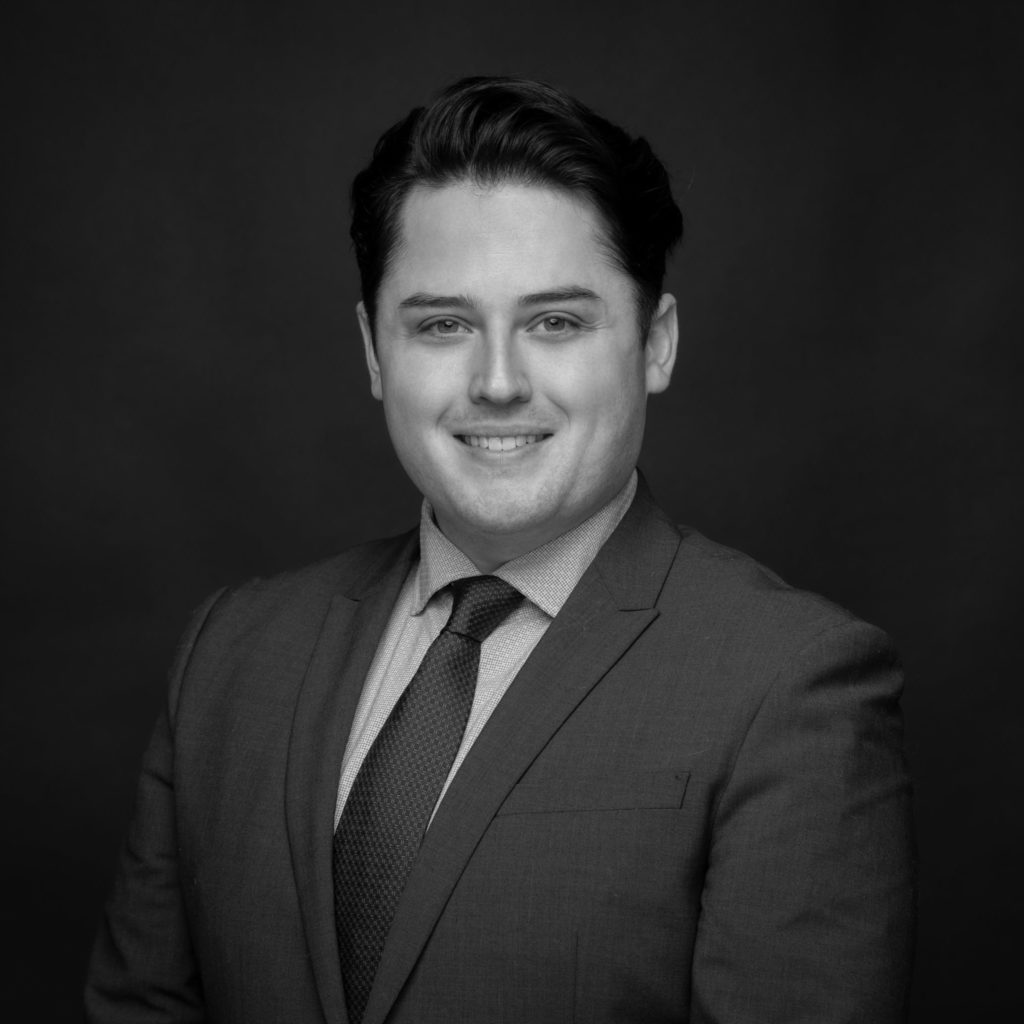Professionals should not go up against the CMTO alone – trust a lawyer for massage therapists
As your massage therapist lawyer, we can manage legal matters involving The College of Massage Therapists of Ontario (“CMTO”). The CMTO is the regulator for massage therapists in Ontario. They:
- decide who has a certificate to practice as a massage therapist
- handle complaints against massage therapists
But the CMTO does not work for you. The college is able to:
- deny applications for a certificate to practice or
- suspend, revoke or place terms, conditions, or limitations on massage therapists of Ontario’s certificate to practice.
If you are applying to the CMTO or have received notice of complaint it is vital that you have a massage therapist lawyer there to protect your interests and defend your rights.
Our team of experienced massage therapist lawyers can assist massage therapists with matters including:
- Advising massage therapists on compliance with relevant legislation and standards
- Responding to complaints and investigations at the College of Massage Therapists
- Representing massage therapists before the Fitness to Practise Committee
- Defending massage therapists in hearings at the College of Massage Therapists’ Discipline Committee
- Advocating for massage therapists in the College’s complaint resolution process
- Representing massage therapists in appeals before the Divisional Court of Ontario
Registration
Applying for a license or in the College’s language a “Certificate of Registration” for either supervised or autonomous practice is a complex process.
To become a registered massage therapist in Ontario, you must:
- Successfully complete a recognized Massage Therapy education program
- Complete CMTO’s Certification Examinations
- Submit proof of current certification in CPR and First Aid
Applications are first sent to the Office of Registrar for review which may result in:
- Approval of the application, and the applicant is registered
- The application is not accepted and is referred to the Registration Committee for further review
If referred to the Registration Committee, they will review the application and make one of the following decisions:
- Register the applicant
- Register the applicant with terms, conditions, or limitations
- Register the applicant upon completion of additional exams
- Register the applicant upon completion of additional training
- Refuse to register the applicant
Our professional discipline law firm can help you prepare this information and offer legal advice on concerns you may have. If you are planning to apply for a certificate from the CMTO, contact us today.
Complaints Process
The CMTO can receive complaints from:
- members of the public
- clients of massage therapists
- employers of massage therapists
- other massage therapists
Members of the CMTO must file a complaint of another member of the same or different College, if during their practice they have obtained reasonable grounds to suspect sexual abuse, child abuse or neglect, elder abuse, or a privacy breach has occurred.
The complaint process begins with the Inquiries, Complaints and Reports Committee (ICRC).
The ICRC process involves a series of written exchanges between the complainant, the College, and the member:
- A complaint is filed against a member
- The College provides the member with an official acknowledgment of the complaint
- The member has an opportunity to file a written response
- The ICRC issues a decision
The potential outcomes of a decision include:
- No further action
- Issuing advice or cautioning a member
- Requiring a member to attend a continuing education or remediation program
- Referring the matter to the Discipline or Fitness to Practise Committee
These outcomes can have significant financial and personal impacts on members. If you have received a complaint from the CMTO, please contact us today.
Discipline Committee
If the ICRC considers a complaint to be “high risk,” it may refer the matter to the Discipline Committee.
Before a hearing, a pre-hearing may occur, allowing the College and the member to present their cases informally. This pre-hearing can be used to:
- Reduce the allegations against a member
- Reduce the penalty being sought by a member
- Raise important legal issues before trial
At the Discipline Committee a trial may take place where witnesses are called, and evidence is heard.
During a hearing, witnesses may be called, and evidence presented. Potential outcomes include:
- Revocation of the member’s certificate
- Suspension of the member’s certificate
- Imposition of terms, conditions, and limitations on the member’s certificate
- Orders for the member to pay some or all trial costs
These outcomes are serious. If your matter has or could be referred to the Discipline Committee, please contact us today.
Fitness to Practise Committee
The Fitness to Practise Committee deals with cases where a member’s conduct is affected by an ongoing physical or mental medical condition.
In our experience, a referral to the Fitness to Practise Committee can offer a number of benefits to members, because:
- Complaints are generally resolved in a more private manner
- The goal of the process is ensuring the health of the member
Referrals to the Fitness to Practise Committee usually require legal representation. It takes experienced and detailed representation to present the evidence that screening committees, like the ICRC, need to see for considering a referral to Fitness to Practise. If there is a complaint against you, please contact us today.
Appeals
Decisions of the:
- ICRC, and
- Registration Committee
can be appealed to the Health Professions Appeal and Review Board (“HPARB”).
Decisions of the:
- Discipline Committee, and
- Fitness to Practise Committee,
can be appealed to the Ontario Divisional Court.
Self-represented individuals are rarely successful in appeals. We have unique expertise in appeals from regulatory colleges. If you are considering an appeal, please contact us today.
FAQ for Massage Therapist Lawyers
What services do you provide for massage therapists?
We provide legal representation for massage therapists in various areas, including:
- Fitness to Practise Committee hearings
- Discipline Committee hearings
- Complaint resolution through the College of Massage Therapists of Ontario (CMTO)
- Appeals before the Health Professions Appeal and Review Board (HPARB) and the Ontario Divisional Court
What should I do if I receive a complaint from the CMTO?
If you receive a complaint from the CMTO, it is crucial to respond promptly and seek legal advice. Contact us immediately so we can guide you through the process and help you prepare your response.
What is the role of the Inquiries, Complaints and Reports Committee (ICRC)?
The ICRC handles the initial stage of the complaint process. It reviews the complaint, the member’s response, and any relevant documents. The ICRC then issues a decision, which can include taking no action, issuing advice or a caution, requiring further education, or referring the matter to the Discipline or Fitness to Practise Committee.
What happens during a Discipline Committee hearing?
A Discipline Committee hearing involves a trial-like process where both sides present evidence and call witnesses. The outcomes can include revocation or suspension of your certificate, imposition of conditions on your practice, or orders to pay some or all of the trial costs.
What is the Fitness to Practise Committee?
The Fitness to Practise Committee addresses cases where a member’s ability to practice is impacted by a physical or mental condition. The goal is to ensure the health and fitness of the member to continue practicing.
Can I appeal a decision made by the CMTO?
Yes, you can appeal decisions made by the ICRC and the Registration Committee to the Health Professions Appeal and Review Board (HPARB). Decisions by the Discipline and Fitness to Practise Committees can be appealed to the Ontario Divisional Court. Legal representation is highly recommended for these appeals.
Why should I seek legal representation for these matters?
Legal representation ensures that your case is handled professionally and that your rights are protected. The processes involved can be complex and having experienced lawyers can help achieve the best possible outcome.
How can you help during a pre-hearing?
During a pre-hearing, we can help by presenting your case informally, aiming to reduce allegations or penalties, and addressing any legal issues before the formal hearing. This can often lead to a more favorable outcome.
How do I contact you if I need assistance?
You can contact us by phone, email, or through our website to schedule a consultation. We will provide you with the necessary guidance and support throughout the process.
What information do I need to provide when contacting you?
When contacting us, please provide any documents related to the complaint or hearing, details of the allegations, and any correspondence with the CMTO. This will help us assess your case and provide accurate advice.

